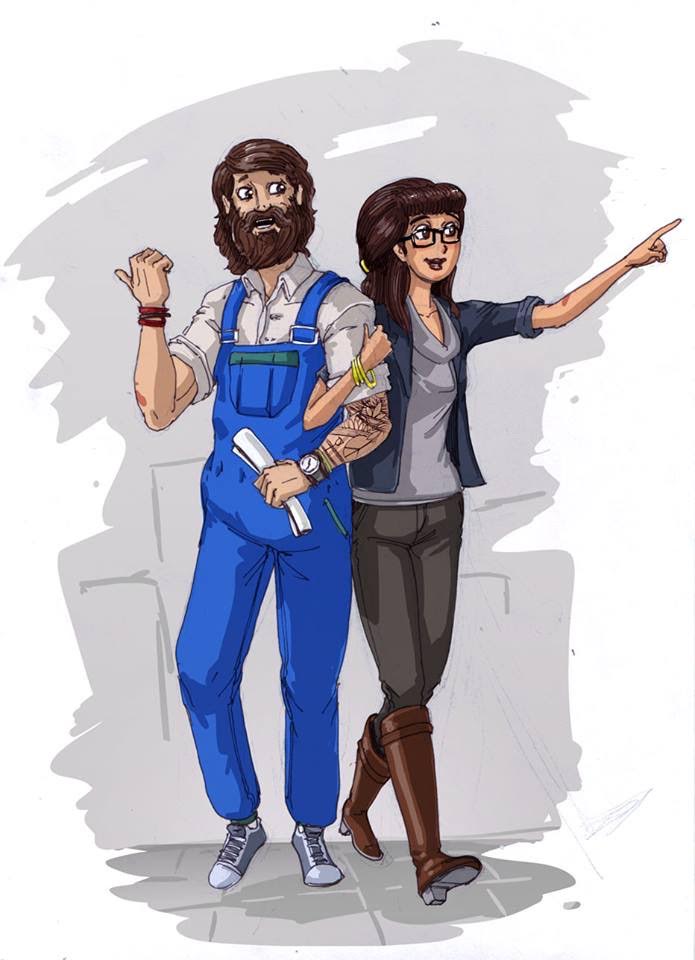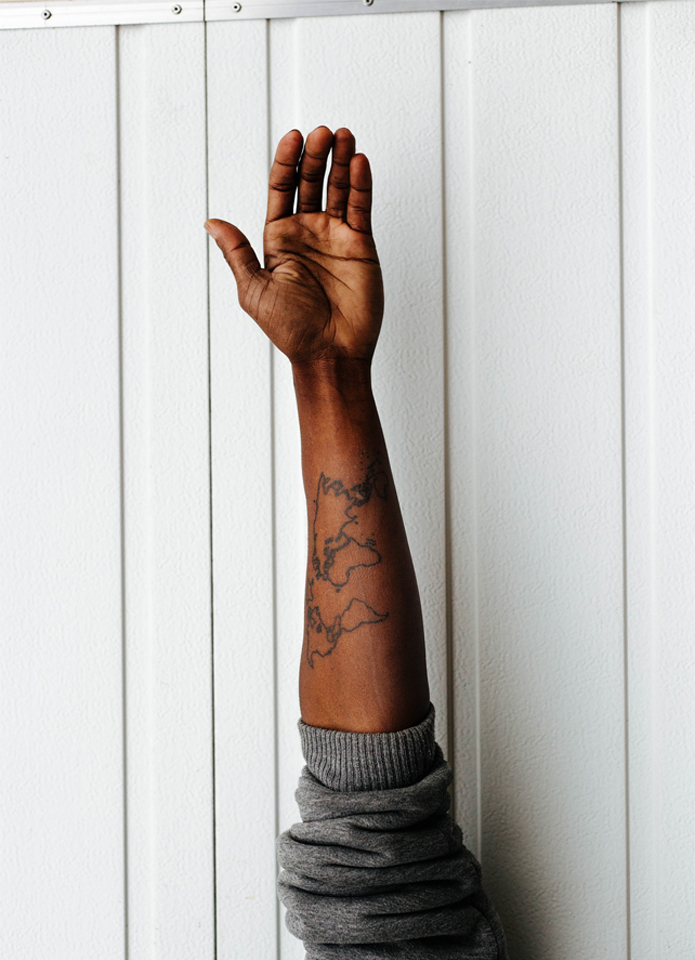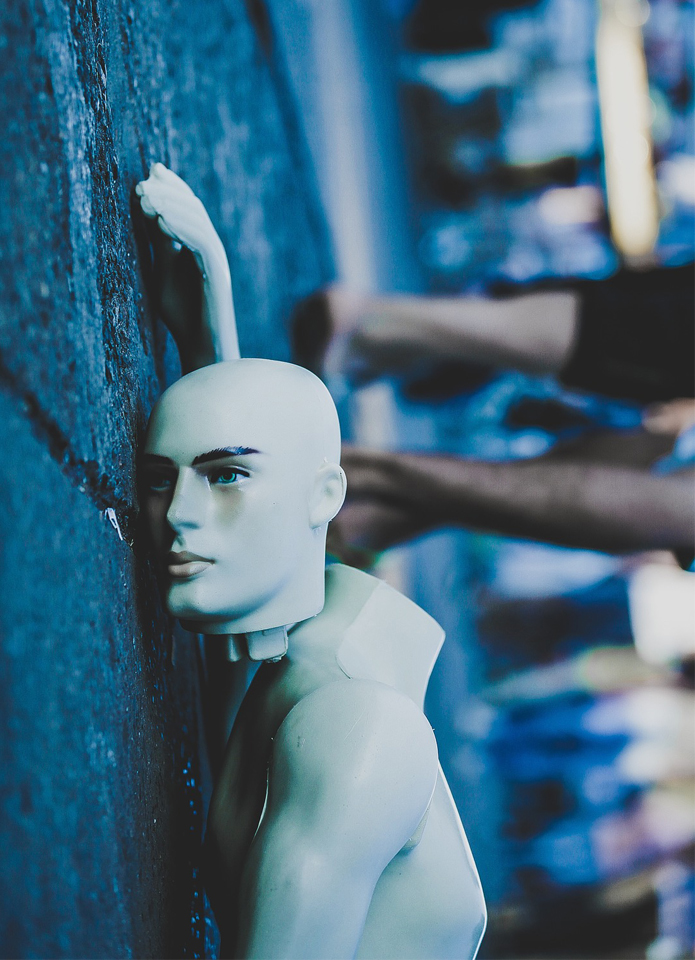Meaningful conversations!
Creating engaging information products.
Storytelling for human rights’ advocacy.
Conflict resolution through information solutions.
Helping socially responsible entities make positive change.
Contextualizing and mapping critical events’ factors & actors.
Our services
Our products
Who we are?
We are a social enterprise focusing on information solutions to social problems and putting marginalized humans at the heart of our design and software architecture work. Our area of concentration is the intersection of semiotics, emotions, identity, data and human rights. In that sense we are an applied research with a human centric and data-driven approach.
We fit under the umbrella concept of digital humanities, and we follow linguistic ethnography, netnography, and visual sociology to study the dynamics of conflict and create happiness.
We fit under the umbrella concept of digital humanities, and we follow linguistic ethnography, netnography, and visual sociology to study the dynamics of conflict and create happiness.

Information Products
We create information products tailored to clients needs. We also have our set of information products focusing mainly on marginalized people and people on conflict times.
Please check our products section.
Content Analysis
Conversations are most valuable when those participating in them are well informed. when those participating in them are well informed,when those participating in them are well informed

Data Collection & Analysis
Working with big data we provide data solutions per clients requests. From collection, to structuring, providing relevant retrieval methods and analyzing.

Training
We provide tailored training on big data, information solutions and content strategies. Main target are investigative journalists, human rights defenders carrying out a litigation/no impunity missions, media organisations & institutions.

Algorithms for compassion
The T-Algorithm Lab tracks, documents, and reports on the online performance of media and civil society organisations and institutions in MENA since 2011. The project tracks published content by different actors with different political orientation.
The data sets along with the continuously developed interface with the searching tools allow to explore subjects such as hate speech, ideology shifts, gender mainstreaming, religious discourses, identity politics and construction, freedom of expression, and other manifests of language, semiotics and emotions, in relation to contextual factors such as time, landmark events and international community narratives.
Researchers can access the data if they have a clear research proposal.
I’d like to be part of this project.

Welcome to Marzouk's family
Marzouk is website allowing refugees with different expertise to get in direct touch with professions and services’ seekers in the hosting communities. This allows refugees new economic empowerment possibilities and also fill certain labor needs in the hosting countries labor market. T ensure higher standards of security and integration, refugees are asked to provide relevant documents when creating their profiles which will eventually enhance their rating scores and reputation on the website.
I’d like to be part of this project.

Engage,expand the margins
Using technology and fashion to communicate social causes. Users gather around causes plots of specific interests to them. The fashion items are wearables and hand made home items. Items are designed and created by humans who recognize themselves as marginalized. Each theme is created by people coming from different places around the world. This allows creating open groups based on interests in both aesthetic styles and hard core social causes.
Every season we launch three lines under three themes. Each line consists of five designs. Those themes advocate for specific causes.
By scanning the code on those items, the user subscribe to the active advocacy group and get the possibilities of watching engaging stories about such causes as well as creating her/his own stories.
I’d like to be part of this project.

Stovocacy for humanity
An online storytelling desktop application that was designed with the human rights defenders and workers in human rights organisations in the mind. The application let users create engaging stories in a simple and fast ways. This allow them to produce timely advocacy materials. By engaging stories we are referring to stories where the end-users will be able to choose the narrative route, answer questions and click buttons while interacting with the story rather than just receiving it passively.
We believe in storytelling. In the power of stories to validate who we are, how we live our lives, and our experiences, and the power of stories to allow us to enter into a communion with our communities, sharing who we are, and perhaps together, becoming who we would hope to be.
The application also has commercial utility possibilities. Corporates with relevant CSR programs are invited to engage with socially conscious and concerned citizens around causes of mutual interests.
Interestingly, story creators can monetize by creating really interesting and engaging stories asking audience to pay very minimal amounts to keep watching.
We believe this monetizing model is revolutionary as it gives independent storytellers full control over when, how much, where, why monetizing model questions.
I’d like to be part of this project.

Satire for democracy
This project is targeting the MENA region citizens. This is an online platform with social media supporting accounts (facebook page, instagram, twitter). The “brand” will position itself as the source of engaging satire in MENA & GCC.
Our objectives is to inform citizens, encourage hesitant average citizens to get out of their silence and reflect and express and questions. Encouraging citizens that otherwise may not be as inclined to be active participants in socio-political discussions and debates. Help muted-groups speak out. Mainstream human rights principles and values using several appealing techniques. Engage the general public on civil society issues and/or local lawmakers, policymakers, opinion leaders, and government officials who have a stake in creating or destroying an enabling environment for civil society. Use UGC to collect and identify challenges to be addressed.
Counter terrorism and stigmas. Expose the absurdities of power and allow society to gain insights into governmental behaviour and decision-making. Identify civic space challenges and responding by mainstreaming the counter narratives. Respond to threats to freedom of: expression, assembly, and associations. Encourage, support and celebrate the ability of civil society to work on good governance and human rights. Strategic engagement with media outlets to increase coverage of physical/legal attacks on CSOs. Strategic engagement with social influencers to increase coverage of physical/legal attacks on CSOs. Establishment and dissemination of transnational messages addressing the same challenges faced by CS actors in MENA and GCC.The project contributes to bridging divides between civil society sectors such as humanitarian aid, service-delivery agencies, human rights, development and accountability.
I’d like to be part of this project.

Corps for human rights
Counter terrorism and stigmas. Expose the absurdities of power and allow society to gain insights into governmental behaviour and decision-making.
I’d like to be part of this project.